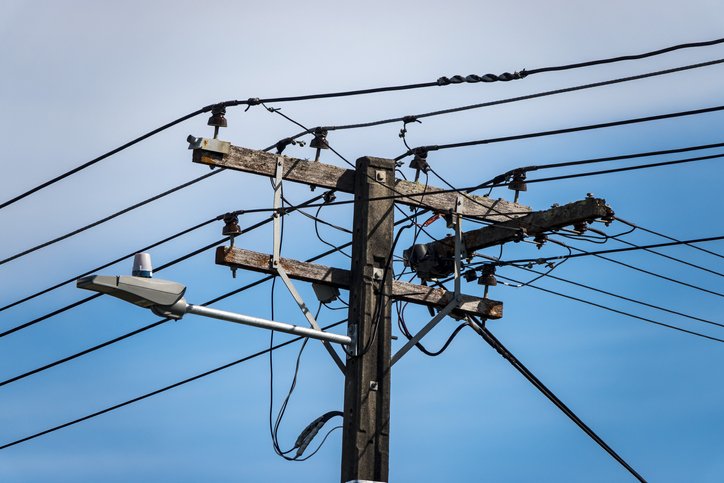Nuclear power
Rules on Small Modular Reactors (SMRs) competition will come in the autumn.
‘Nuclear power has consistently failed to deliver on time or to budget’, said Greenpeace UK. ‘It’s an expensive distraction from genuine climate and energy security solutions, like renewable power and grid upgrades. SMRs don’t yet exist, are highly unlikely to solve our energy woes and won’t provide a solution to the waste hazards that come with nuclear.’
Carbon capture and storage
The government has announced a number of CCS clusters are moving to the next stage of development. Clusters expected to go into negotiations over funding are East of England and around Morecambe Bay.
‘Carbon capture is not zero carbon; is unlikely to see dramatic cost reductions or be scalable; and is often used for greenwashing by oil and gas companies so they can carry on polluting’, said Greenpeace UK. ‘It doesn’t do what it says on the tin and certainly should not be prioritised as part of a green industrial strategy.’
Heat pumps and insulation
A rebrand of ECO+ has been announced alongside the widening of access to the grant scheme, with the intention to insulate 300,000 homes, and a £30m Heat Pump Investment Accelerator.
The Boiler Upgrade Scheme will also be extended, though neither scope nor timing have been announced.
‘Our European neighbours are snapping up heat pumps like hot cakes, while UK households are being left out in the cold’, said Greenpeace UK. ‘The Boiler Upgrade Scheme is failing and needs a much more rounded strategy to increase heat pump uptake including skills packages, independent consumer advice and support, advertising and promotion, as well as much more money.
‘£30m for an ‘investment accelerator’ just isn’t going to move the dial. £3.37bn extra is needed now as part of a market mechanism to accelerate the transition away from gas heating towards installation of heat pumps, alongside a requirement on boiler manufacturers to shift production to heat pumps on a timeframe in line with a commitment to ban all new gas boilers by 2033.’
Rebalancing gas and electricity bills
The government will set out plans during 2023/24 to rebalance gas and electricity costs in household bills with the aim of making electricity bills cheaper and speeding up electrification for households and businesses.
‘This could be a welcome and necessary step towards allowing households to truly benefit from clean heat and power’, said Greenpeace UK. ‘Yet despite the pressure on household bills there is no clarity on when the government will act. The government should have confirmed an immediate relief of policy costs on electricity bills, with further action to transfer the cost to gas bills at a later date.’
Upgrading the grid
Instead of announcing plans to boost carbon capture and projects that campaigners argue would do nothing for our energy security and would be disastrous for the climate, Greenpeace UK has urged the government to listen to energy experts, industry and its own auditors.
They have warned that without upgrading the outdated grid we won’t be able to roll out renewables at the speed needed to tackle the cost of energy and climate crisis.
A wait of up to 13 years to connect new renewable and battery storage projects to Britain’s grid is threatening investment and undermining the shift away from fossil fuels.
Meanwhile, hundreds of millions of pounds are being wasted to shut down electricity generators when the grid can’t take the extra power.
Problems with the electricity grid are well documented, blocking our ability to use and store renewable energy all over the country. The grid needs upgrading and expanding so it can transmit power from where it is made to where it is needed at the scale we need.
According to Ofgem, a smart grid could save up to £4.7 billion a year by the end of this decade. Our bills are predicted to rise again if these issues are not addressed in the package of measures announced this week by the government.
 Play Video about This Rock Might Just Save The World
Play Video about This Rock Might Just Save The World Play Video about Play 2 hours of rock
Play Video about Play 2 hours of rock Play Video about Play 2 hours of brook
Play Video about Play 2 hours of brook Play Video about Play 2 hours of sheep
Play Video about Play 2 hours of sheep















































